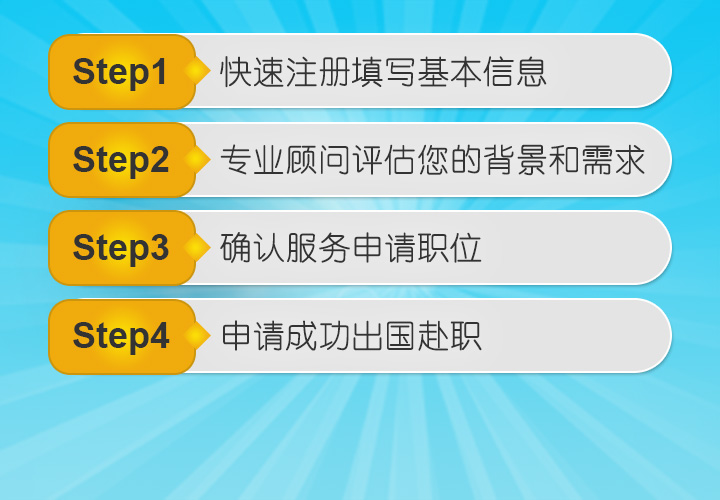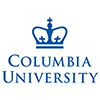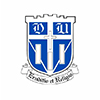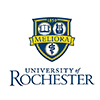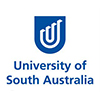比利时鲁汶大学博士后—深亚微米CMOS技术的辐射效应测试
比利时鲁汶大学博士后—深亚微米CMOS技术的辐射效应测试
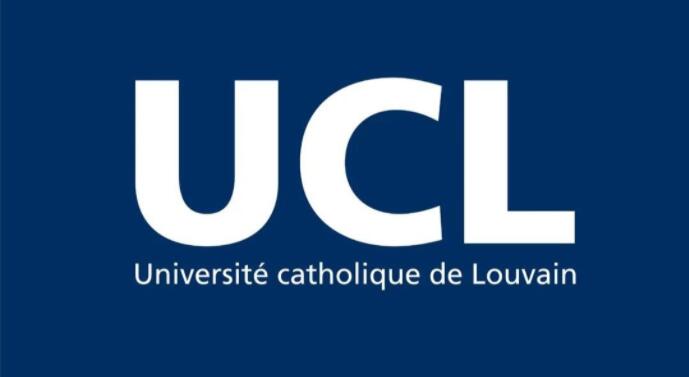
天主教鲁汶大学是比利时最大的大学,1425年由教皇马蒂诺五世(马丁五世)下令建立,是现存最古老的天主教大学,同时也是西欧“低地国家”最古老大学。1968年起分为两座大学——荷语鲁汶大学和法语鲁汶大学。
Postdoctoral Reaearcher in Radiation Effects Testing of Deep Submicron CMOS Technologies
Title
Postdoctoral Reaearcher in Radiation Effects Testing of Deep Submicron CMOS Technologies
Employer
KU Leuven
Location
Oude Markt 13 Leuven, Belgium
Published
2024-12-23
Application deadline
2025-01-31 23:59 (Europe/Brussels)
2025-01-31 23:59 (CET)
Job type
Postdoc
Field
Photonics, Electrical Engineering
The Advanced Integrated Sensing (ADVISE) research group at KU Leuven's Department of Electrical Engineering (ESAT) specializes in developing advanced microelectronic circuits and systems for challenging environments. Our research focuses on radiation-hardened analog, digital, mixed-signal, and RF integrated circuit design for instrumentation and communication applications in nuclear fusion, space, and high-energy physics.
We also explore intelligent sensing systems, emphasizing the development of hardware and software for machine learning and dataprocessing.
Our team comprises over 30 researchers dedicated to advancing microelectronics for harsh environments and AI applications. We are part of one of the largest research departments at KU Leuven, Europe's most innovative university.
We actively collaborate with international partners, including CERN, where we contribute to the CMS experiment.
Our research areas include:
- Radiation-Tolerant Integrated Circuits: Developing circuits capable of operating reliably in high-radiation environments;
- Intelligent Sensing Systems: Creating advanced technologies for machine learning algorithms3;
- Cryogenic Integrated Circuits: Building Microsystems that operate at cryogenic temperatures.
We offer a dynamic and interdisciplinary research environment with opportunities for collaboration, professional growth, and contributions to cutting-edge technologies. Our facilities include state-of-the-art laboratories and access to advanced simulation tools.
For more information about our research and current openings, please visit our website.
Website unit
Responsibilities
This research project focuses on advancing the understanding of radiation effects testing using pulsed laser technology in modern CMOS (complementary metal-oxide-semiconductor) technology nodes. Single-photon and two-photon absorption laser testing methods are widely used for evaluating Single-Event Effects (SEE) in electronic circuits. However, as CMOS technology progresses to smaller geometries, traditional laser testing encounters limitations. Reduced feature sizes change the interaction between laser energy and circuit materials, causing discrepancies between laser test results and real irradiation responses.
The scope of this project is to identify which circuit topologies affect laser testability and develop strategies to address issues related to shrinking geometries. The ultimate goal is to create a roadmap for pulsed laser testing tailored to deep submicron CMOS nodes, ensuring robust testing methodologies for future semiconductor technologies.
As a Postdoctoral Researcher, you will:
Conduct experimental and theoretical research on radiation-induced Single-Event Effects (SEE) in advanced CMOS nodes;
Analyze the challenges of single-photon and two-photon laser testing in submicron geometries;
Investigate circuit topologies that influence laser testability and propose solutions to overcome limitations;
Develop and validate methodologies for pulsed laser testing in modern CMOS technologies;
Collaborate with interdisciplinary teams, contribute to the preparation of high-impact publications, and present findings at international conferences.
Profile
Required Profile:
A Ph.D. in Electrical Engineering, Physics, or a related field.
Experience in designing analog or digital CMOS circuits.
Hands-on experience with experimental setups.
Excellent analytical skills and a demonstrated ability to perform independent research.
Preferred Qualifications:
Familiarity with Single-Event Effects (SEE) testing and mitigation techniques (laser-based testing methodologies)
Proficiency with TCAD simulation tools
A solid publication record in peer-reviewed journals.
Offer
The opportunity to contribute to cutting edge research that bridges technology and science.
The chance to work with leading research centers like CERN, IMEC and ESA.
Access to state-of-the-art facilities for radiation effects testing and laser experimentation.
Access to advanced CMOS technologies
A collaborative and dynamic research environment with opportunities for professional growth.
Freedom in shaping the research project based on your background.
Fully funded postdoc for 3 years. Renumeration in salary scale 44.
Please contact Prof. Jeffrey Prinzie (jeffrey.prinzie@kuleuven.be) for more details or apply online for the postdoc position.
准备申请国外博士后的各位老师注意了!知识人网(www.zsrw.cn)小编每周定时更新最新的国内外博士后招聘信息以及访问学者、博士后资讯,感谢大家的关注!






